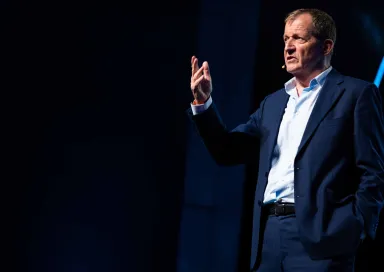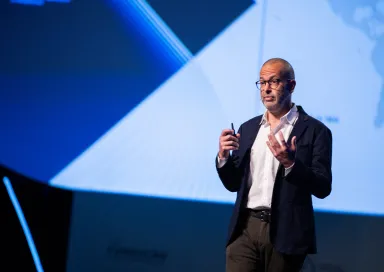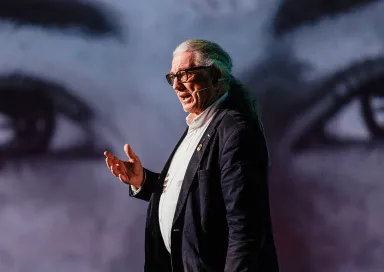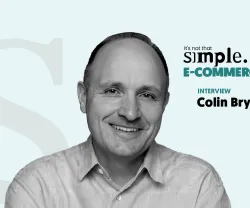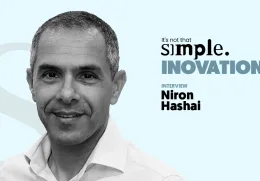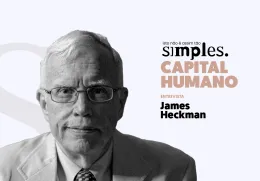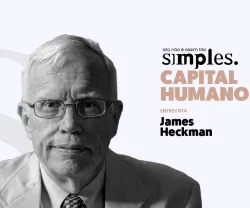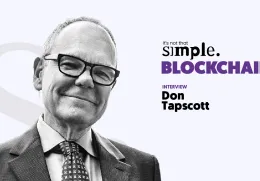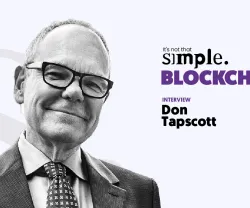After the assassination of John F. Kennedy, the newly inaugurated President Johnson was briefed in detail on what his predecessor Kennedy's future political agenda would have been. Of the vast array of reforms presented by chief economic advisor Walter Heller, the new president chose, with undisguised enthusiasm, the fight against poverty.
According to Heller, Johnson is reported to have said: «This is my kind of programme. I'll get the money one way or another. If I have to, I'll divert money from other things to get money for people... Give it top priority. Go for it with all your might».
After the State of the Union address, President Johnson promoted the «War on Poverty» via a roadmap of public relations initiatives. In April 1964, Johnson visited coal miner Tom Fletcher, his wife and eight children, who lived in Appalachia.
The Fletchers had been chosen by the White House as the face of hard workers living in poverty. Johnson reportedly told a reporter: «I don't know if I'll get a single bill passed or a single dollar approved, but first and foremost, no American community will ever ignore the poverty within it».
Indeed, Walter Bennet's iconic photograph in Time magazine, capturing the conversation with the Fletchers on their porch, achieved just that.
What lessons can be learned from President Johnson's war on poverty programme?
How can the fight against poverty, in its various dimensions, be projected into the future?
44

Conferences that bring together leading national and international experts on topics ranging from ethics to issues, from women to young people, from social security to ageing, from economics to science and the universe.



